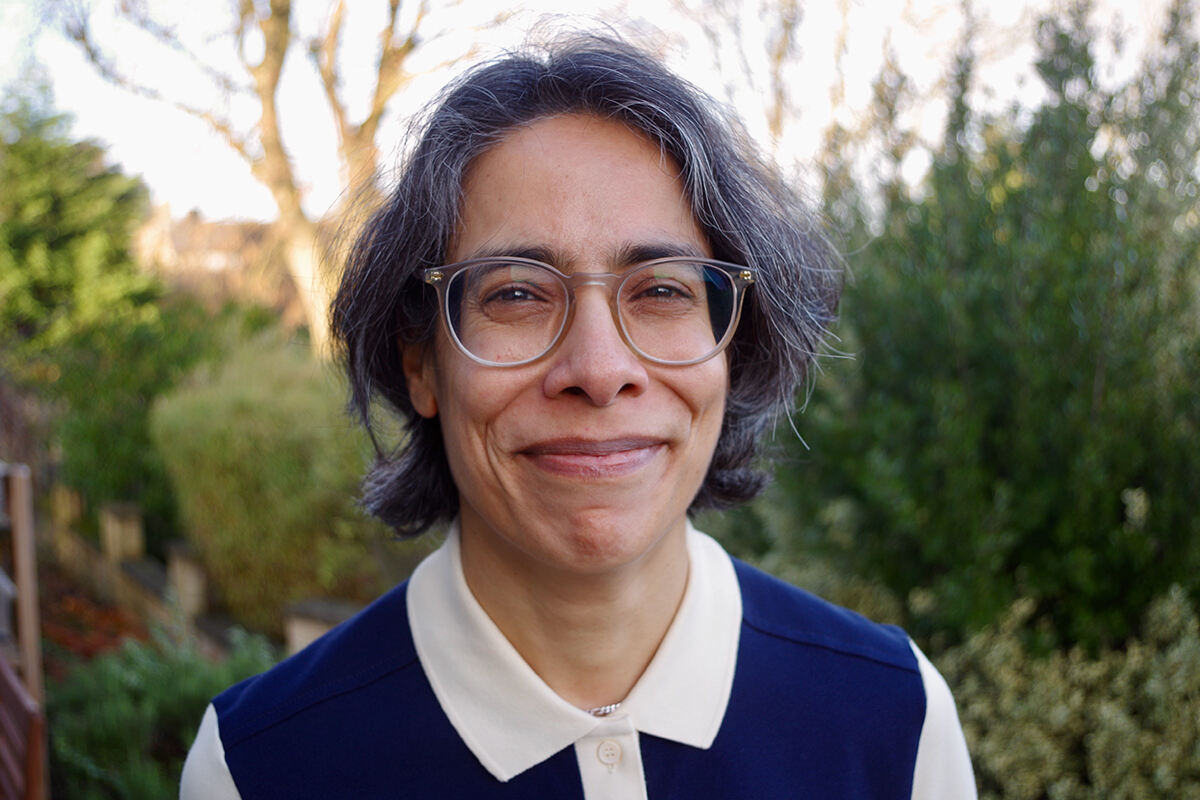
Camila Bassi challenges the assumptions still being used that perpetuate anti-Jewish racism
Why does the struggle against racism too often ignore today’s antisemitism? And why is there a hurtful thread of anti-Jewish racism on the Left of politics? On both of these questions, geography matters.
Central to anti-Jewish racism is the idea of ‘the hidden hand’. Here the Jews are represented as secretly and harmfully manipulating the course of humanity on a global scale. Invisible Jewish power is imagined to be everywhere and anywhere. While past anti-Jewish racism, prior to the formation of the nation-state of Israel in 1948, regarded the Jews as the enemy within the nation-state, after Israel’s occupation of the West Bank and Gaza Strip from 1967, Israel has come to be seen as the enemy nation-state that represents the ills of nationalism.
A dominant tendency of anti-racist analysis understands racism exclusively as the product of colonialism, specifically, as the colonial and postcolonial dominance of the global West over the global East (or, of the global North over the global South). This colonial model of racism effectively does two things to antisemitism: one, it banishes the history of anti-Jewish racism that intersected with the development of nationalism in Europe and culminated in the Holocaust; and two, it views Zionism (that is, Jewish nationalism) as the latecomer and outlier of colonial racism in a decolonising world. All too often on the Left, this notion of Zionism as racism slides into the antisemitic idea that the Jewish collective, represented by Israel, is the crucible of globalising harm and ills, which is inventing and exporting methods of oppression worldwide.
So, through an anti-racist colonial model of racism and the racist idea that the Jews are harmful to humanity, antisemitism as a form of racism disappears and Zionism becomes an exceptionally deplorable vanguard of racism. Anti-Jewish racism on the Left manifests in the demand put on Jewish people that they publicly denounce their cultural affiliation to Israel and call for Israel’s complete dismantlement. Jewish people who refuse to do so, including those who are critical of the Israeli state’s repression of the Palestinians, are damned as racist Zionists and made outcasts of the Left. And Jewish people who raise a complaint of antisemitism on the Left are dismissed as fabricating their complaint to mask the real racism of Israel.
How do we move beyond this impasse? Through a wider geographical and historical perspective that reflects a genuine universalism.
In 1948, Israeli Jews took up their basic democratic right to national self-determination – a right of all self-defined groups of people to form a nation-state. The critical mass of Jewish people who made Israel a reality in 1948 were fleeing from murderous antisemitism in Europe and were denied emigration elsewhere in the West. It was also the moment when Palestinian Arabs were denied their basic democratic right to national self-determination on the same territory. The territory that Israeli Jews declared as their national homeland was the home of the Palestinian Arabs. This is the tragedy and the wrong that was done. Acknowledging this wrong is important. Alas, in the history of the formation of nation-states, promises and betrayals, winners and losers, bloodshed, exile and exclusion are universal wrongdoings, not unique crimes of Israel alone.
In 1967, as an outcome of the June Six-day War between Israel and neighbouring Arab states, the Israeli state commenced its occupation of the West Bank and Gaza Strip. For much of the Left, the rallying cry, ‘Free Palestine!’, means the destruction of Israel on its 1948 borders, not the end of the post-1967 occupation. The wrong of 1948, however, cannot be corrected today by demanding another wrong that would be calamitous. Palestinian Arabs are nonetheless fully justified in their longstanding claim for an independent nation-state and meaningful compensation for the refugees from 1948. The realisation of a Palestinian nation-state alongside Israel, on the territory that Israel has occupied since 1967, would be a huge step towards peace and reconciliation.
Challenging all forms of social oppression and injustice necessitates a universal emancipatory politics that rules out no-one as unworthy of solidarity and belonging. Justice for the Palestinians doesn’t mean singling out Jewish people as an exceptional harm to humanity (unless they can prove themselves otherwise), it requires a belief that the global human collective has more in common than what presently divides us.
Dr Camila Bassi is a senior lecturer in human geography at Sheffield Hallam University and the author of Outcast: How Jews Were Banished from the Anti-Racist Imagination (to be published on 15 June 2023)




